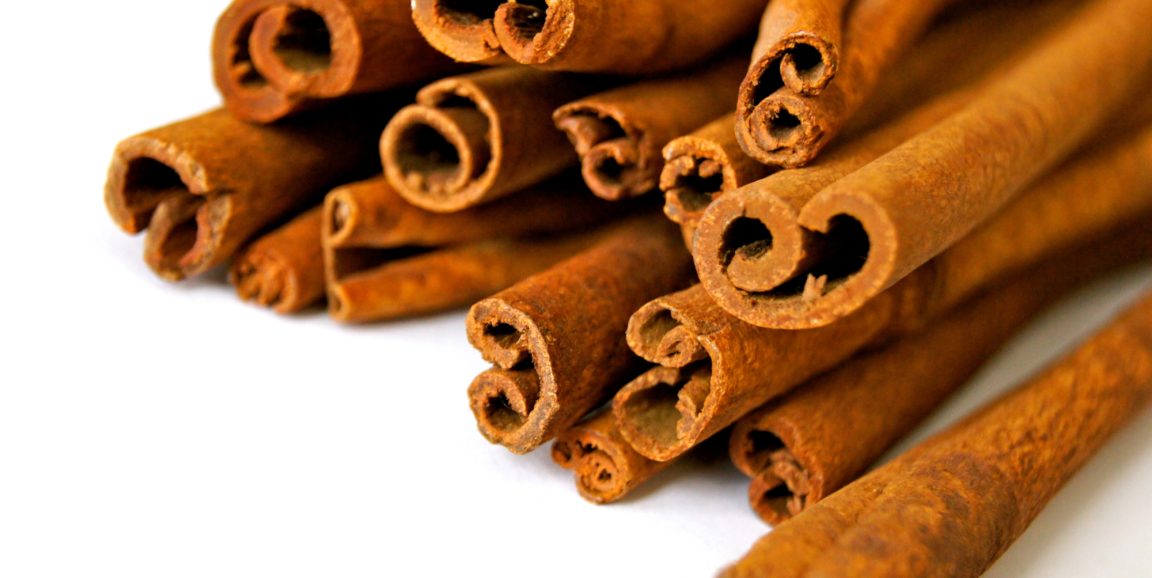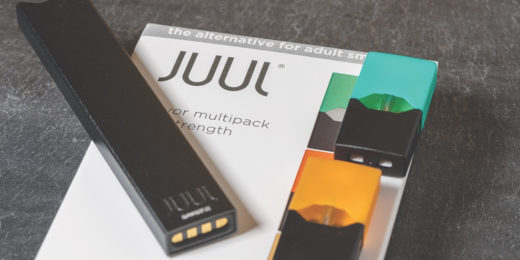We've all heard a lot lately about the health effects of e-cigarettes, or vaping. Although people, particularly teens and young adults, may feel that e-cigarettes are a safer alternative to traditional cigarettes, a host of research suggests that is not the case -- particularly because it's frighteningly easy to inhale large quantities of nicotine with the battery powered devices.
Now cardiologist and stem cell researcher Joseph Wu, MD, PhD, and his colleagues, including former postdoctoral scholars Won Hee Lee, PhD, now an assistant professor at the University of Arizona, and Sang-Ging Ong, PhD, have pinpointed another concerning factor in the form of the flavorings added to the e-cigarettes. Even in the absence of nicotine, the flavorings can damage the endothelial cells that line the interior of our blood vessels and play a critical role in heart and cardiovascular health. Intriguingly, cinnamon and menthol flavors were particularly harmful to the cells.
Wu and his colleagues used induced pluripotent stem cells, or iPS cells, that had been coaxed to become endothelial cells to conduct their research. Doing so allowed them to closely observe the effect of the flavorings with and without nicotine on the cells' biology and function. They published their findings in the Journal of the American College of Cardiology.
As I explain in our release:
The researchers investigated the effect of six different popular e-liquid flavors -- fruit, tobacco, sweet tobacco with caramel and vanilla, sweet butterscotch, cinnamon, and menthol -- with nicotine levels of 0, 6, and 18 milligrams per milliliter on endothelial cells derived from human iPS cells. They found that while several of the liquids were moderately toxic to the endothelial cells, the cinnamon- and menthol-flavored e-liquids significantly decreased the viability of the cells in culture even in the absence of nicotine.
Further research showed that the liquids also increased the expression of molecules associated with DNA damage and cell death, and compromised their ability to form capillary-like structures associated with blood vessel formation and to migrate in the laboratory dish to heal wounds or scratches.
Although some of the adverse effects on the cells' function were seen in the absence of nicotine, others appeared to reflect a combinatorial effect of both nicotine and flavoring. Repeatedly, however, the researchers found that cinnamon, menthol and sweet tobacco were more damaging to the cells than other flavors.
As Wu, who directs Stanford's Cardiovascular Institute commented in our release:
Until now, we had no data about how these e-liquids affect human endothelial cells. This study clearly shows that e-cigarettes are not a safe alternative to traditional cigarettes. [...] It's important for e-cigarette users to realize that these chemicals are circulating within their bodies and affecting their vascular health.
Photo by weinstock






